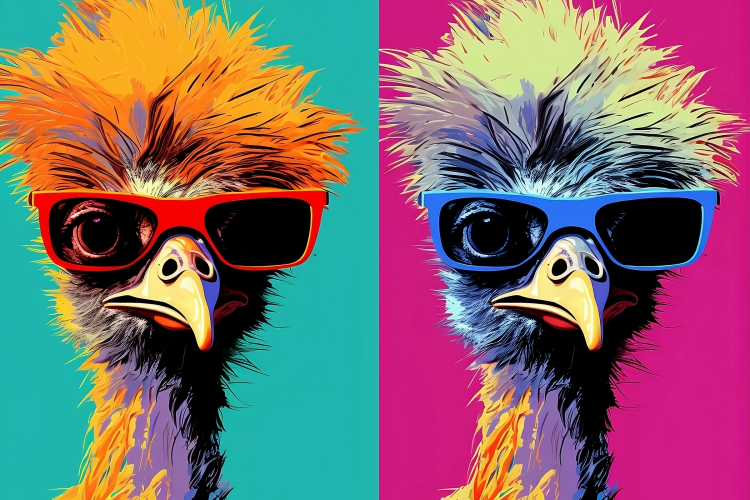Emu Edit: Empowering Users with Image Editing Capabilities
Meta, the parent company of Facebook and Instagram, has announced significant progress in artificial intelligence (AI) content creation and editing tools. Two major advancements, Emu Edit for image editing and Emu Video for video generation, have been introduced under the Expressive Media Universe (Emu) project.
Emu Edit revolutionizes image manipulation by offering users refined control through text-based instructions. Similar to Adobe Photoshop’s “generative fill” feature, this tool allows users to make a variety of edits including local and global editing, background addition or removal, color and geometry transformations, object detection, and segmentation. Emu Edit ensures that only relevant areas of the image are modified, leaving unrelated pixels untouched.
“The primary objective shouldn’t just be about producing a believable image… Instead, the model should focus on precisely altering only the pixels relevant to the edit request.” – Meta’s researchers
Trained on a vast dataset of 10 million synthesized samples, Emu Edit delivers high-quality results in terms of instruction faithfulness and image quality. For example, users can input text like “Aloha!” to be added to an image of a baseball cap, and Emu Edit will seamlessly accomplish the task without altering the cap itself.
To delve deeper into the research behind Emu Edit, you can access the full research paper here.
Emu Video: Simplifying Text-to-Video Generation
In addition to image editing, Meta’s AI team has also made advancements in video generation with the Emu Video tool. Using diffusion models, this tool enables the creation of videos based on text prompts. The video generation process involves developing an image based on a text prompt, and then creating a video using that image and another text prompt.
The Emu Video tool responds to various inputs, including text only, image only, or both. It provides users with an intuitive and straightforward method of generating videos. If you’re interested in trying out the Emu Video editing tool, a live demo is available here. You can also access the full research paper on Emu Video here.
These advancements in AI content creation tools are set to revolutionize how users interact with their images and videos on social media platforms. Users will be able to create animated stickers, GIFs, and edit photographs without relying on complex tools like Photoshop. However, it is important to note that these tools are still in development and there is no official word on when they will be available on platforms such as Facebook and Instagram.
Meta’s Emu-powered tools represent a significant step forward in generative AI and align with its existing initiatives such as Make-A-Video and AI image generator DALL-E. By pushing boundaries in assistive AI, Meta aims to provide intuitive features that expand artistic possibilities for general users. The rollouts of Emu Video and Emu Edit also contribute to Meta’s strategy of driving engagement across its family of apps, locking users deeper into their social ecosystem.
However, as with other generative models, ethical considerations and content oversight are crucial. Meta acknowledges the need for safeguards to prevent potential abuses and ensures that these remain a priority as they make progress in generative AI.
While Emu Video and Emu Edit are still in development and with no set timeline for public release, Meta’s active generative AI research signals a future of transformative social media experiences. As AI synthesis matures, users may eventually be able to produce professional-grade content as effortlessly as sending a text.










